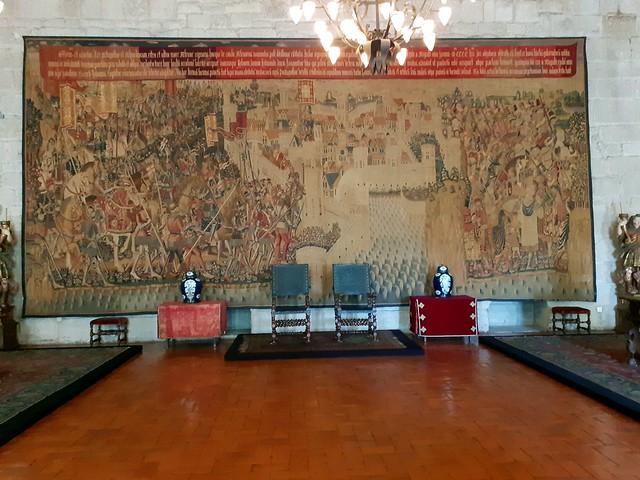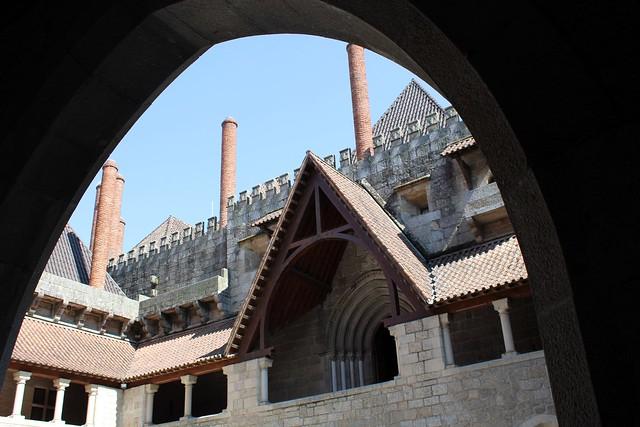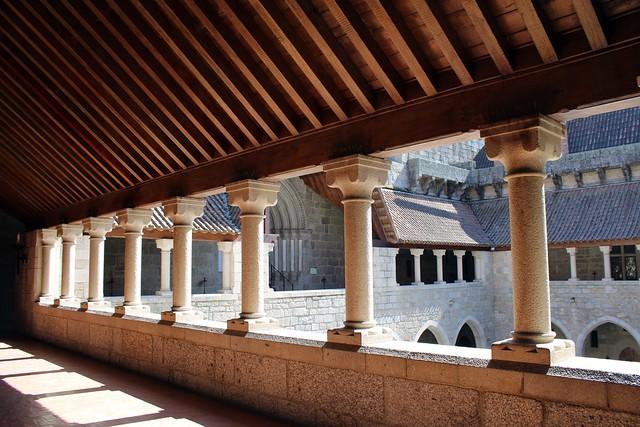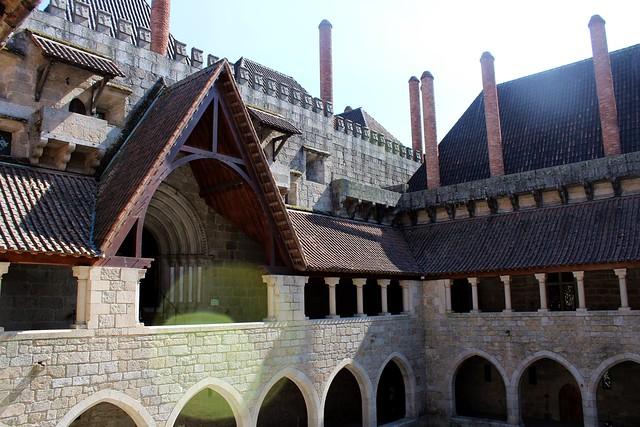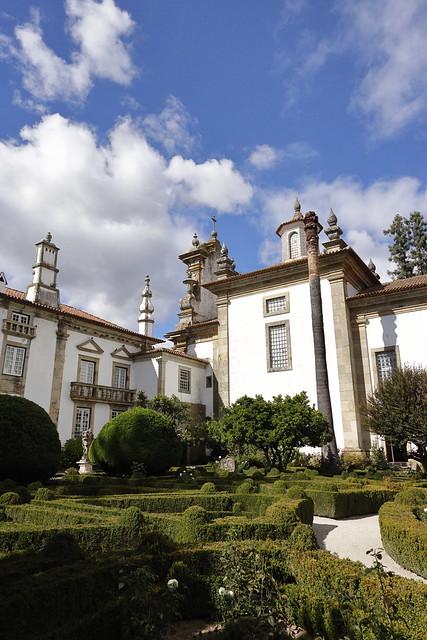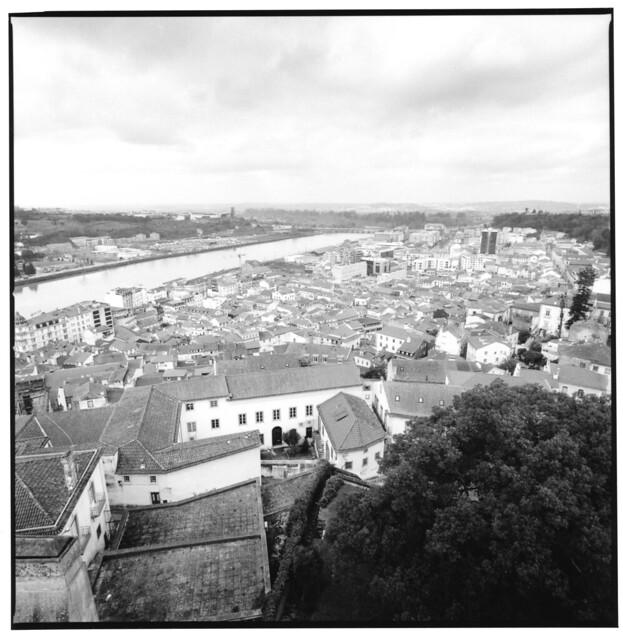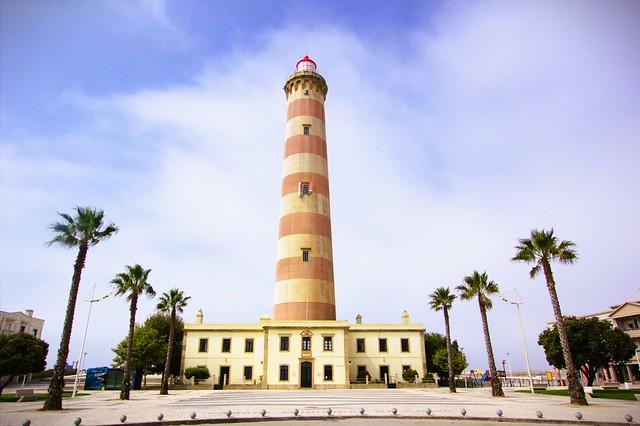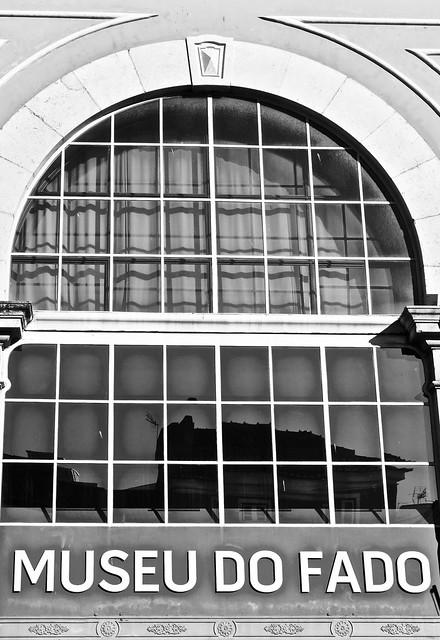Bragança
Overview
Bragança's Historical Significance
Bragança, nestled in the northeastern region of Portugal, is a city steeped in history, offering travelers a glimpse into the past. With its origins dating back to Roman times, this city has been a significant military and cultural center throughout the centuries. The well-preserved medieval castle, known as the Castelo de Bragança, stands as a testament to its historical importance. Built in the 12th century, this impressive fortress features a series of towers and walls that provide panoramic views of the surrounding landscape. As you walk through the castle grounds, you can almost hear the echoes of knights and nobles who once roamed these halls.
Cultural Richness and Local Traditions
Bragança is a vibrant hub of Portuguese culture, celebrated for its unique traditions and festivals. The Festa de São Sebastião and the vibrant Festa das Luzes are just two examples of the lively events that take place throughout the year, showcasing the region's rich folklore and community spirit. The city is also known for its intricate handicrafts, including traditional textiles and ceramics, which make for perfect souvenirs. Local artisans often display their work in quaint shops throughout the city, allowing travelers to take a piece of Bragança home with them.
Natural Beauty and Atmosphere
Surrounded by rolling hills and lush forests, Bragança boasts stunning natural beauty that complements its historical charm. The nearby Parque Natural de Montesinho is a haven for outdoor enthusiasts, offering hiking trails, wildlife watching, and breathtaking vistas. The atmosphere in Bragança is uniquely relaxing, with a slower pace of life that invites exploration and reflection. Strolling through the cobblestone streets, you’ll discover charming squares, historic churches, and inviting cafés where you can savor a cup of local coffee or indulge in regional delicacies.
Local Gastronomy
Food lovers will find Bragança to be a delightful culinary destination. The region is known for its hearty cuisine, featuring dishes that highlight local ingredients. Traditional meals often include posta à mirandesa (a thick beef steak) and alheira (a type of sausage), reflecting the area's agricultural roots. Don’t miss the chance to try queijo de cabra (goat cheese) and sample local wines, particularly those from the nearby Trás-os-Montes region. Dining in Bragança often feels like a communal experience, where the flavors of the food are matched by the warmth and hospitality of the locals.
Architectural Treasures
Bragança's architecture is a blend of styles that narrate the city's evolution over time. In addition to the castle, the Igreja da Sé (Cathedral of Bragança) is a must-visit. This stunning Gothic structure features intricate details and impressive altarpieces, reflecting the importance of religion in the lives of the locals. The Palácio dos Duques de Bragança is another architectural highlight, showcasing the opulence of noble life in centuries past. As you wander through the city, you'll encounter a variety of buildings from different eras, each contributing to the rich tapestry of Bragança's architectural identity.
Friendly Locals and Community Spirit
What truly sets Bragança apart is the warmth of its residents. The local population is known for its friendliness and willingness to share stories about the city’s history and culture. Engaging with locals at markets or during festivals can provide deeper insights into the traditions and lifestyle of this captivating region. Whether you’re enjoying a meal or simply exploring the streets, the sense of community is palpable, making visitors feel welcomed and at home.
In Bragança, the blend of history, culture, and natural beauty creates an enchanting atmosphere that invites discovery and appreciation. Whether you're tracing the steps of history or savoring the local flavors, Bragança promises an unforgettable experience in the heart of Portugal.
How It Becomes to This
History not available

You May Like
Explore other interesting states in Portugal
Discover More Area
Delve into more destinations within this state and uncover hidden gems.


